Continuing the 8th Session, on the morning of November 28, with 454/455 delegates participating in the vote in favor, accounting for 94.78% of the total number of delegates, the National Assembly passed the Law on Prevention and Combat of Human Trafficking (amended).
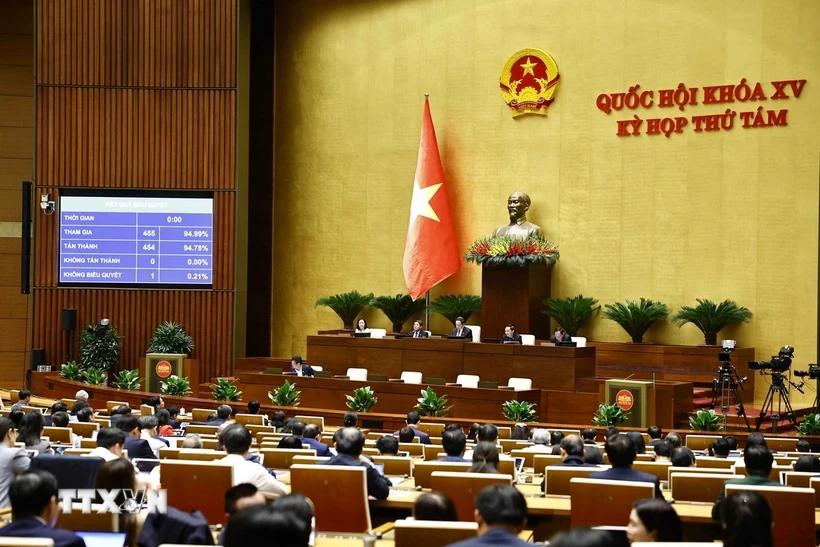
Continuing the 8th Session, on the morning of November 28, with 454/455 delegates participating in the vote in favor, accounting for 94.78% of the total number of delegates, the National Assembly passed the Law on Prevention and Combat of Human Trafficking (amended).
Accordingly, the Law consists of 8 chapters and 63 articles, effective from July 1, 2025. The Law on Prevention and Combat of Human Trafficking (amended) stipulates the prevention, detection and handling of human trafficking and other acts violating the law on prevention and combat of human trafficking; receiving, verifying, identifying, supporting and protecting victims and people in the process of being identified as victims; state management and responsibilities of agencies, organizations, families and individuals in the prevention and combat of human trafficking; and international cooperation in the prevention and combat of human trafficking.
Regarding the principles of preventing and combating human trafficking, there are opinions suggesting adding specific regulations on specialized support regimes to meet the gender needs, rights and legitimate interests of victims in each case, whether male, female, homosexual, bisexual, or transgender; ensuring the integration of gender equality issues in the draft Law.
The National Assembly Standing Committee found that the principles of preventing and combating human trafficking should only stipulate general principles on ensuring gender equality and enjoying support regimes appropriate to age and gender.
Specific policies to meet gender needs have been stipulated in other laws; in addition, the remaining provisions of the draft Law are gender-neutral and non-discriminatory.
Regarding the prevention of human trafficking, there is a proposal to add propaganda content on administrative or criminal measures to increase deterrence in Article 7 of the draft Law.
The National Assembly Standing Committee believes that the draft Law stipulates that the propaganda content includes "Policies and laws on preventing and combating human trafficking and related laws," which include both criminal and administrative laws.
At the same time, it has regulated the information and propaganda on "the results of handling human trafficking cases according to the provisions of law," including measures to handle human trafficking acts.
Regarding the reception, verification, identification and protection of victims, Article 27 of the draft Law stipulates that in cases where the victim or the legal representative believes that the person they represent is the victim, the victim must report to ensure the maximum rights of the victim, without leading to overlapping of authority in receiving and resolving the case. This provision also inherits the current Law and through the summary, it shows that the implementation process does not encounter any difficulties or problems.
There is a proposal to add regulations on principles for implementing support and responsibilities of agencies and organizations in providing support to Article 37. The Standing Committee of the National Assembly believes that the principles and responsibilities for implementing support for victims and people in the process of being identified as victims have been stipulated: "Support must be timely, accurate, keep information confidential and not insult, stigmatize, or discriminate against victims and people in the process of being identified as victims" and "ensure that victims and people in the process of being identified as victims receive support in accordance with their beliefs and religions within the framework of Vietnamese law, in accordance with their age, gender, health status, and personal characteristics."
In addition, the draft Law submitted by the Government stipulates the responsibilities of 12 ministries and branches in preventing and combating human trafficking. In response to comments from National Assembly deputies, the draft Law has omitted and does not stipulate the responsibilities of 6 ministries and branches in the draft Law because they are not specific to this work.
The draft Law stipulates that the Ministry of Public Security is responsible for assisting the Government in implementing state management on preventing and combating human trafficking, and five ministries (National Defense, Labor, War Invalids and Social Affairs, Health, Foreign Affairs, Justice) are ministries with specific characteristics in the work of preventing and combating human trafficking./.
Source




![[Photo] Urgently help people soon have a place to live and stabilize their lives](/_next/image?url=https%3A%2F%2Fvphoto.vietnam.vn%2Fthumb%2F1200x675%2Fvietnam%2Fresource%2FIMAGE%2F2025%2F12%2F09%2F1765248230297_c-jpg.webp&w=3840&q=75)



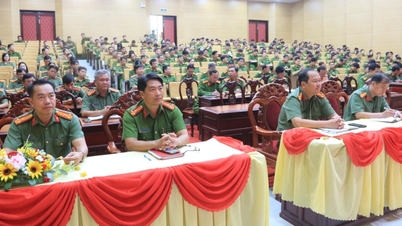

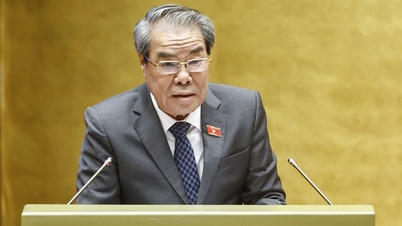

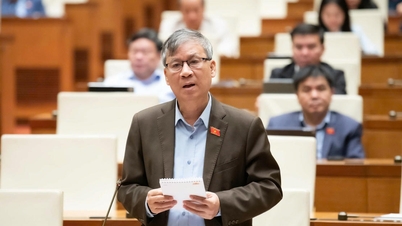

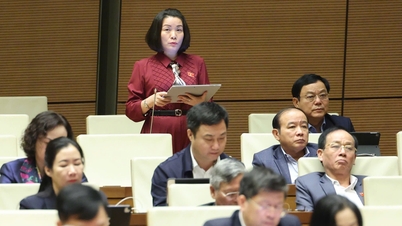



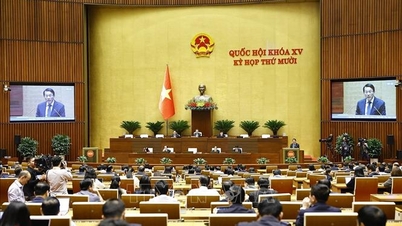
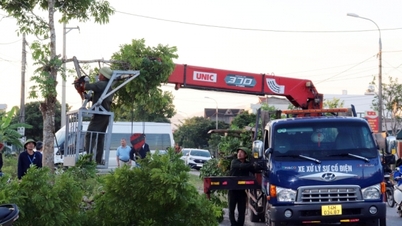





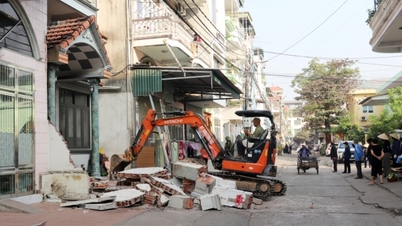




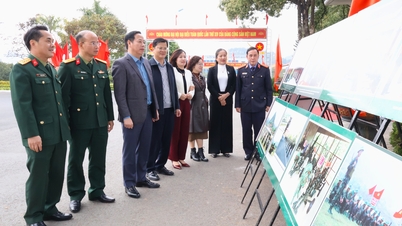
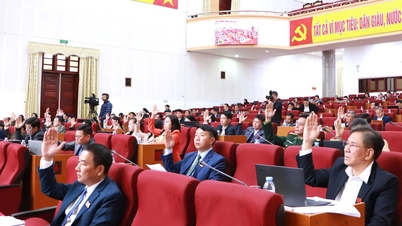
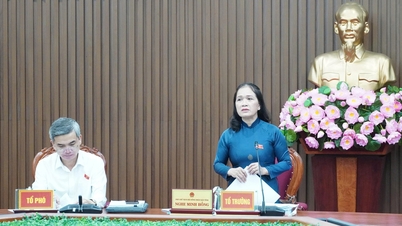

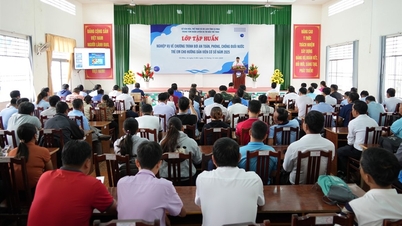

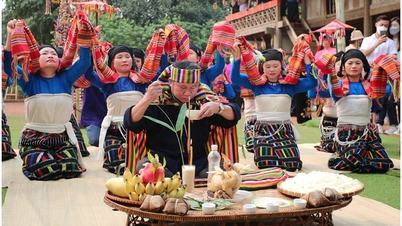


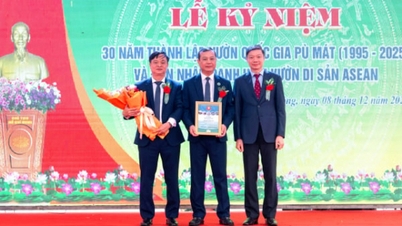


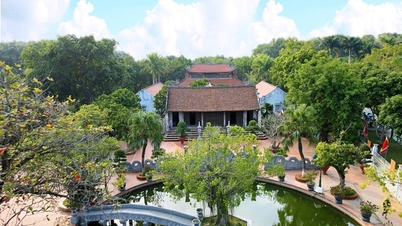
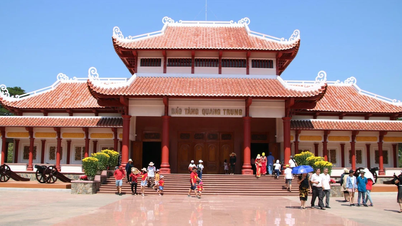



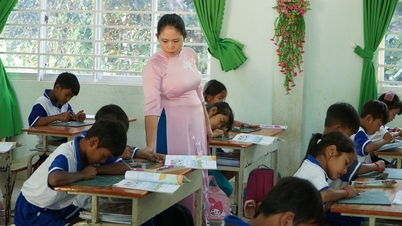

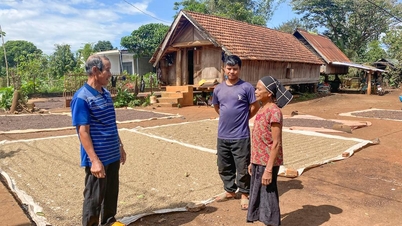

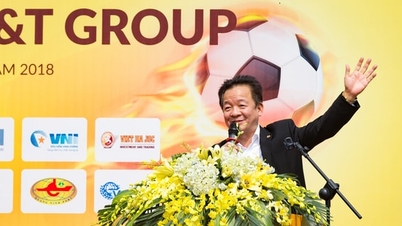

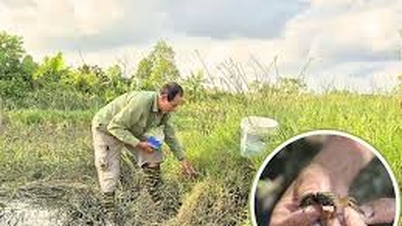

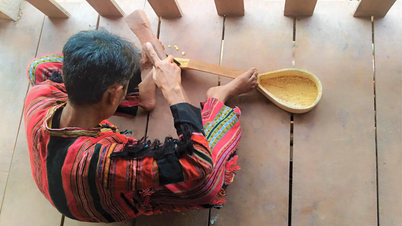



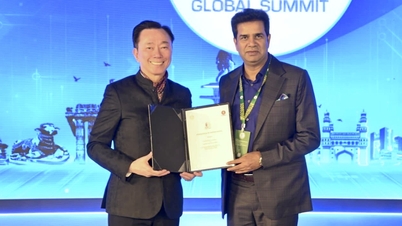






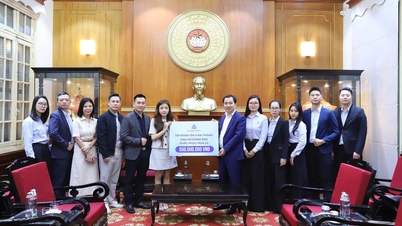






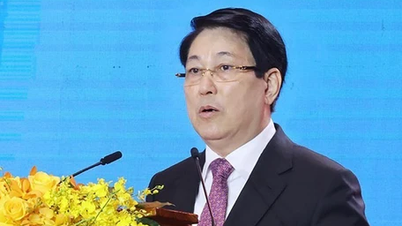
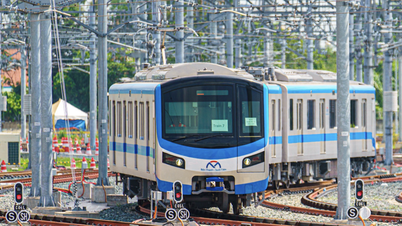

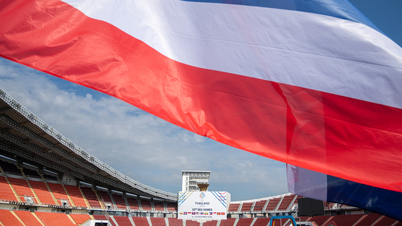

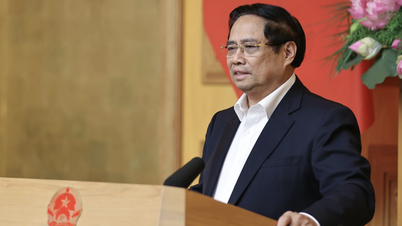
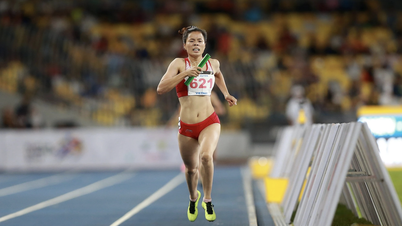
![[Photo] General Secretary To Lam works with the Standing Committees of the 14th Party Congress Subcommittees](https://vphoto.vietnam.vn/thumb/402x226/vietnam/resource/IMAGE/2025/12/09/1765265023554_image.jpeg)






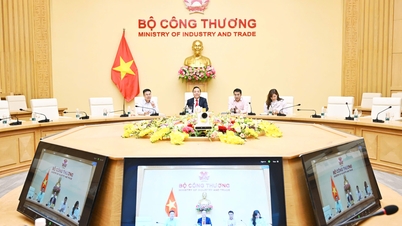
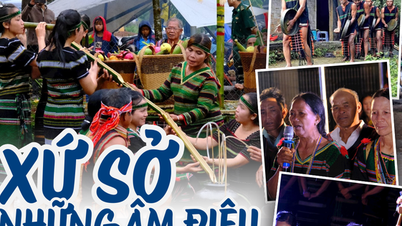
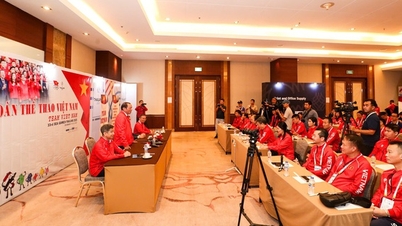
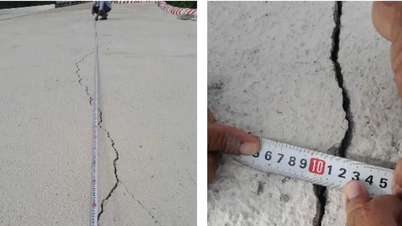

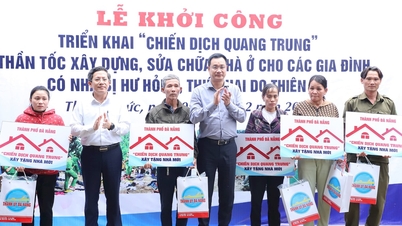

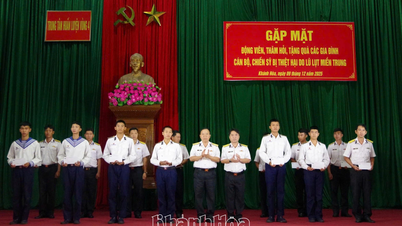

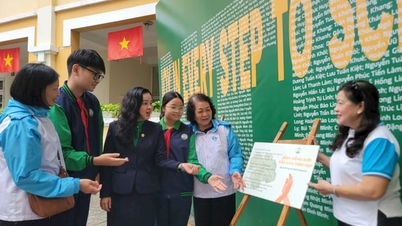
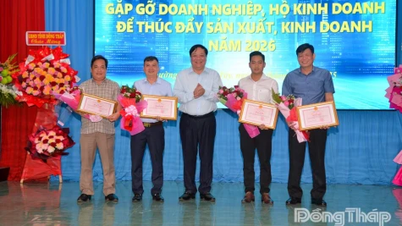

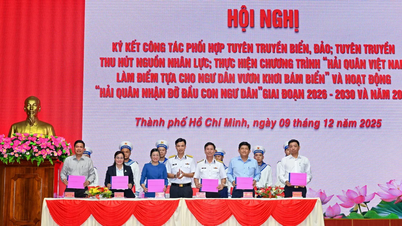
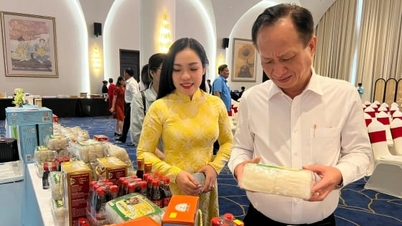















Comment (0)